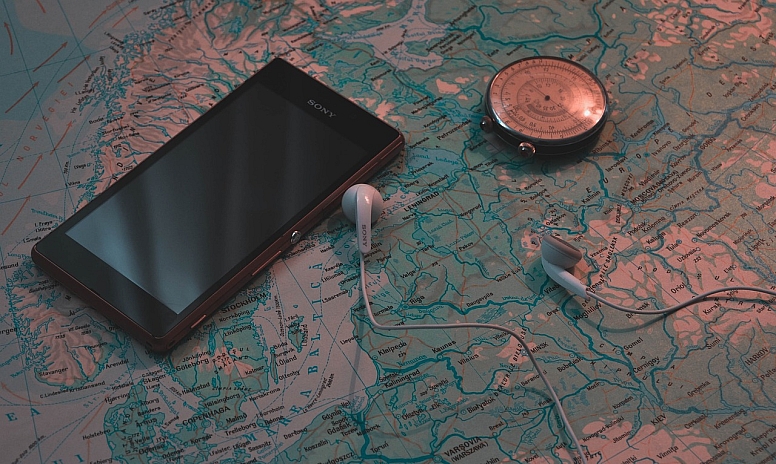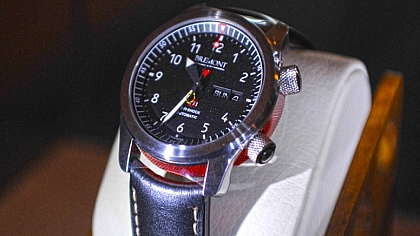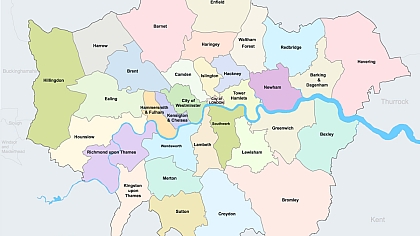
Staying Connected: Access the Internet While Travelling
Many travellers aim to disconnect during their journeys, but staying completely off the grid is often not feasible or desirable. Whether relaxing on a beach, hiking through mountains, or savouring new culinary experiences, the last thing travellers want to fret about is how to stay connected. For those seeking ways to access the internet while travelling, consider the following options:
-
Mobile Hotspots: Mobile hotspots are standalone devices that create local internet hotspots for users. These devices, also useful for RV travellers seeking better internet reception, can be rented or purchased. Rental prices depend on data quantity, destination, and duration while purchasing costs vary based on brand, model, and data capacity.
-
Travel SIMs: Tailored for internet use while travelling, travel SIMs (or roaming SIMs) such as SimsDirect offer a convenient option. These SIM cards work across multiple networks and do not require insertion into a specific device. While they may be slightly more expensive than local SIM cards, savvy travellers can often find a SimsDirect discount code for cost-effective deals.
-
Mobile Service Providers: Check with your cellular service provider before departure to explore available data plans for travellers. Major wireless carriers often have partnerships with foreign telecommunications companies, allowing users to add international plans and avoid costly alternatives. Some carriers also offer hotspot options for smart devices, enabling additional device connections to Wi-Fi during travel.
-
Local SIM Cards: Opting for a local SIM card at your travel destination can be a more economical choice. Typically purchased upon arrival, some destinations may offer the option to buy SIM cards in advance. Ensure compliance with local regulations before choosing this option.
-
Internet via Satellite: For travellers in RVs, boats, or other large modes of transportation, satellite internet provides a viable solution. Satellite receivers, though pricier and requiring an unobstructed view of the sky, offer internet access in locations where mobile hotspots may falter.
-
USB Dongles: If you're working abroad and require internet access, USB dongles provide a secure option. While these devices may have speed and stability limitations, they offer protected internet access for laptops and other desktop devices. Keep in mind that dongles require compatible SIM cards, making them not always the most practical choice.












